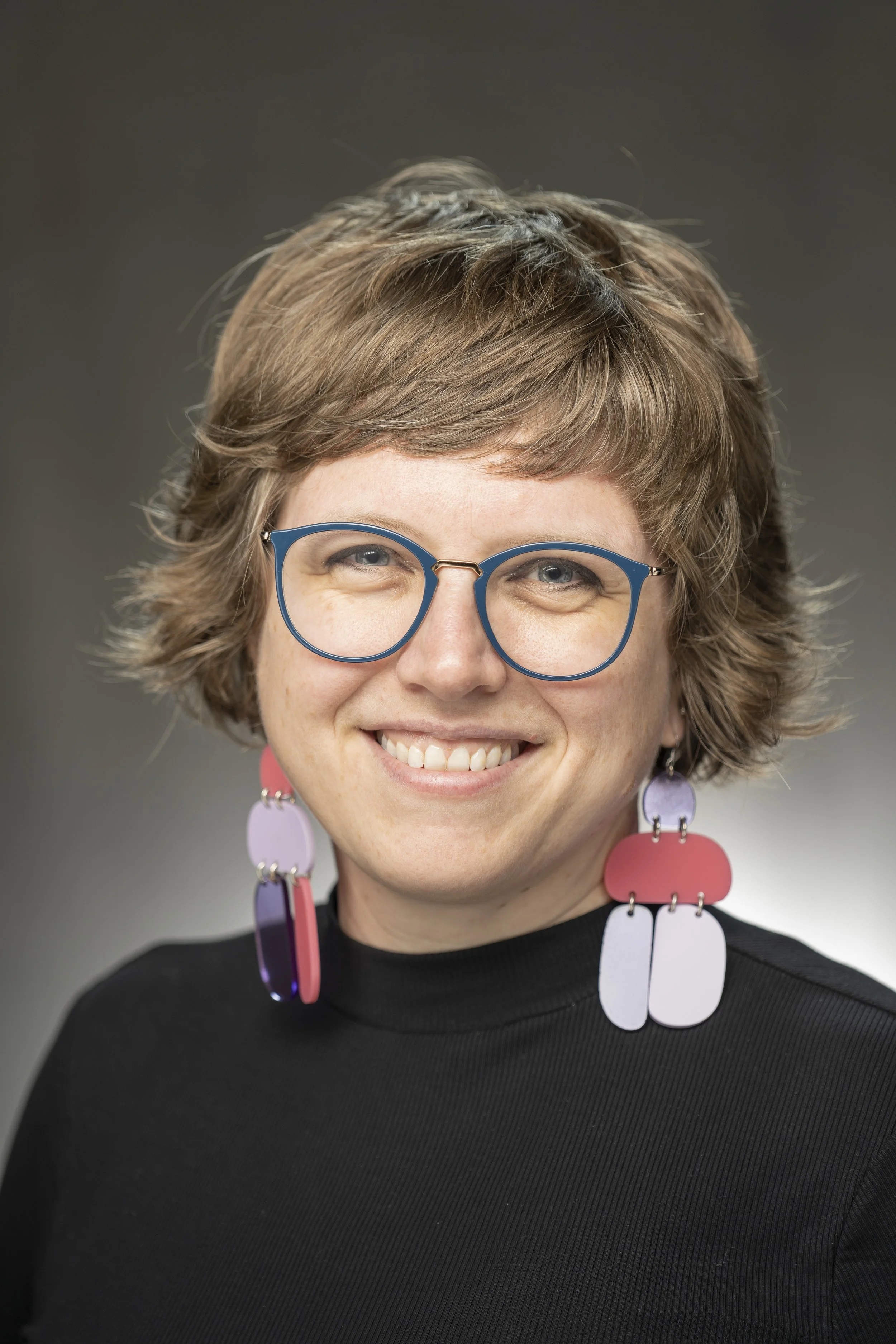Why We Still Come to English Class When Everything Is Not Amazing
This blog post is generously provided in kind by Molly Appel. The Double Down blog is also supported by Nevada Humanities’ donors.
By Molly Appel
It’s been a rocky ride on our university campus since the new federal administration came to power. Students, faculty, and institutional structures are on shaky ground, with the sudden disappearances of everything from federal aid to undocumented family members.
Photograph courtesy of author.
On my way to teaching class one evening, I saw something that seemed to encapsulate how people were feeling: a bulletin board with the message “everything is amazing” discarded in the hallway trash can. The structures we relied on, the messages we told ourselves to keep our energies high, the dominant public stories about what we do and why it matters – these were starting to feel as useless as an instruction manual for defunct technology. It was easy for me to visualize the former owner of this bulletin board feeling weighed down, even disgusted, by the oppressive positivity of such a message.
Nevertheless, I walked on to teach my class on literary theory and criticism, where English and Secondary English Education majors came together to talk about theorists like Aristotle, Marx, Barthes, Butler, and Anzaldúa, who wrote in order to make sense of the role and impact of literature and storytelling in our society.
You might be asking yourself the same question I found myself asking: What went on in this classroom that makes sense of the choice to keep coming together in pursuit of the study of the humanities, given the current conditions of scarcity, violence, and disinformation that we’re living in? What happened there that still made trekking out to our mountainous corner of Old Henderson every Wednesday night worthwhile?
If you stepped into our classroom, what would you find us doing?
You might overhear us recording our own read-alouds of a poem from the M. NourbeSe Phillip collection Zong!. You’ll hear us playing those recordings at the same time, together, to discover how a work of literature can make sense of a historical catastrophe through a visual and aural cacophony.
You’ll probably hear us debating the nature of modern myths in media, whether Marx would consider Andor to be a commodity, or if Aristotle would consider fanfiction worthy of literary study.
You’ll likely see a faculty member from the sciences stop into our class each week after they’d finished teaching their own course. You’ll see them join our discussions, delighting in – to use their words – feeling “way out my league,” but joyous in seeing that everyone in the class is “thinking deeply – and that is the most precious gift an educator can give.”
“It’s the consistent moments of unquantifiable connection, discovery, and epiphany that happen in a humanities classroom that I can only describe as human magic.”
You’ll definitely witness how students embrace moving out of their comfort zone of usually being “top of the class” when they encounter these thinkers. You’ll see them re-orienting the way they listen – moving from waiting their turn to say their piece (or not speaking at all) to listening in order to dialogue. You’ll see them growing their confidence from simply summarizing and retelling a thinker’s key ideas to having their own informed thoughts about a theory. You’ll see them discover that they can overcome feeling “dumb” or alienated by others’ ideas and find their analytic strengths and excitement. As one student beautifully put it: “You have to get used to stepping on your own ice. You don’t know if it’s a solid idea and you might fall into the water. And it’s okay – that’s part of connecting the dots. It’s hard, and that’s good – it means I’m learning.”
Certainly, our English class is a place where learning objectives are met, soft skills are cultivated, content knowledge is developed, and degrees are advanced. But that’s not what keeps us coming back to campus every Wednesday night. It’s the consistent moments of unquantifiable connection, discovery, and epiphany that happen in a humanities classroom that I can only describe as human magic. These moments continue to flow in our current societal conditions like water through shifting and shaky floodgates: in spite of everything, they always find their way through.
That magic, my dear, discarded bulletin board, is amazing. The students and educators who commit to the humanities are the caretakers of this magic. It is the core muscle that helps us build a future where we can thrive.
Molly Appel is an associate professor of English at Nevada State University. Her work focuses on how Latinx and Latin American literatures have been a space of feminist and decolonial pedagogies of human rights and social justice. She has been an educator in K-12 and higher education classrooms for over 15 years. At Nevada State, she teaches a range of courses including Human Rights and World Literature, Chicanx literature, Theater of the Americas, Gloria Anzaldúa, Video Games, and composition courses on education and its history in Nevada. Her research has appeared in College Literature: A Journal of Critical Literary Studies, AMLIT: American Literatures, Chiricú Journal, among other publications. You can find her other Nevada Humanities collaborations on Humanities at Play and Humanities Heart to Heart. You can read her op-ed, “Why Nevada’s Workforce Needs the Humanities,” at the Nevada Independent.


